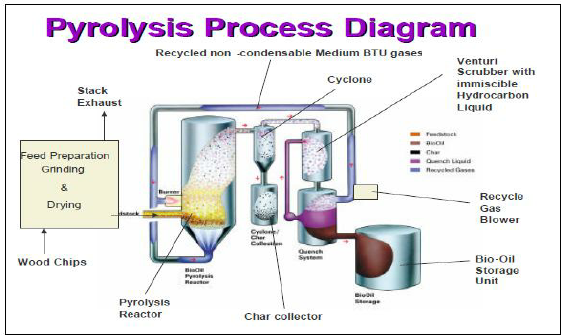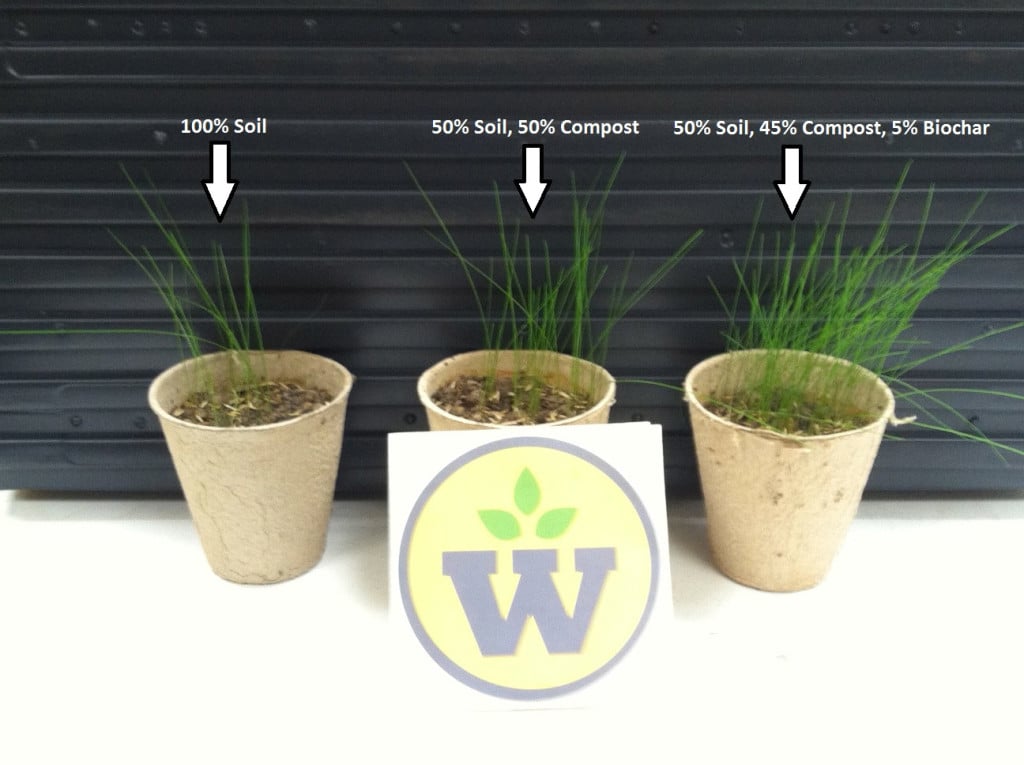Biochar Summary of Benefits

Wakefield BioChar Presents: The Power of Biochar in Landscaping
Wakefield BioChar recently shared a powerful message at the Illinois Landscape Contractors Association Annual Convention. In a 90-minute session, we explored how biochar can transform landscaping and benefit businesses, communities, and the environment. Here’s a breakdown of what we covered.
What is Biochar?
Biochar is a high-quality soil conditioner made from plant waste.

It’s created through pyrolysis, a process that heats organic material in the absence of oxygen.
Biochar improves soil health, supports strong plant growth, and locks carbon into the ground.
It’s long-lasting, safe, and has been used for thousands of years—like in the Amazon, where fertile “terra preta” soils still thrive today.
What Makes Biochar Special?
Biochar’s success depends on three things:
- The materials used to make it (feedstock)
- How it’s made (the manufacturing process)
- How it’s applied in the soil
Key properties to understand:
- Total carbon content (organic & elemental)
- Nutrient-holding ability (Cation Exchange Capacity)
- Particle size, moisture, pH level, and ash content
- Neutralizing value (can help raise soil pH)
Why Use Biochar in Landscaping?
Biochar boosts soil quality, making your plants stronger and your landscaping more resilient.
Here’s how:
Plant Benefits

- Improves plant growth (yields can increase by 5%–150%)
- Increases drought resistance
- Improves soil structure and aeration
- Supports beneficial soil microbes (acts like a coral reef for them!)
- Reduces need for fertilizer by up to 60%
Environmental Benefits
- Renewable and carbon-negative
- Locks away carbon (1 lb of biochar can store nearly 3 lbs of CO₂)
- Reduces methane and nitrous oxide emissions from soil
- Helps keep nutrients in the soil (less leaching)
- Lowers aluminum toxicity and raises soil pH
Real Carbon Sequestration Impact
Using biochar helps:
- Divert organic waste from landfills (which reduces methane emissions)
- Store carbon long-term in the soil
- Lower greenhouse gas emissions like methane and nitrous oxide
➤ Methane is 80x more potent than CO₂
➤ Nitrous oxide is 300x worse than CO₂ and harms the ozone layer
➤ Biochar can reduce NOx emissions by 80–100%
The Business Value
Coming soon: We’ll dive into how biochar can make your landscaping business more efficient, more sustainable, and more profitable—while also making a lasting environmental impact.






